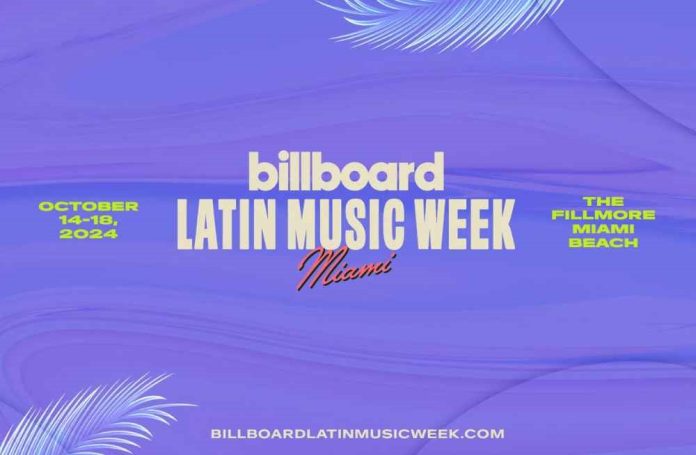
Latin Music Week 2024 has once again shown its profound influence on the global music market. This annual event not only celebrates the richness of Latin music but also drives economic growth and fosters cross-cultural collaboration. As Latin music continues gaining international prominence, the event’s economic ripple effect reaches far beyond Miami, impacting music tourism, business investments, and global partnerships.
The Role of Latin Music Week in Economic Growth
Latin Music Week 2024 attracted thousands of attendees, including industry professionals, artists, fans, and tourists. This influx of visitors led to a significant economic boost for Miami. Local businesses in hospitality, transportation, and entertainment saw a surge in revenue. Moreover, the event generates international attention, creating new business opportunities for brands eager to tap into the rapidly expanding Latin music market.
The global music tourism market is projected to grow at a compound annual growth rate (CAGR) of 8.5% from 2023 to 2032. Events like Latin Music Week are key drivers of this expansion. The growing popularity of live concerts and festivals, combined with the cultural importance of music tourism, contributes to this trend. Latin Music Week, with its mix of performances, discussions, and networking opportunities, plays a central role in attracting both music enthusiasts and industry leaders from around the world.
Fostering Cross-Cultural Collaborations
One of Latin Music Week’s most significant contributions is its ability to foster cross-cultural collaborations. The event brings together artists, producers, and executives from various countries. This diversity encourages the exchange of ideas and the creation of new music that blends diverse influences. These collaborations not only enrich the Latin music genre but also introduce its sounds to new global audiences. This helps solidify Latin music’s place on the global stage.
Artists such as Luis R Conriquez, Bad Bunny, and Rosalía exemplify this fusion. They have successfully integrated reggaetón, trap, and regional Mexican music into mainstream pop. As a result, they have created a sound that resonates across borders. Latin Music Week offers these artists a platform to connect with collaborators and expand their global influence.
Impact on the Global Music Market
Latin Music Week’s influence extends beyond culture—it also drives growth in the global music market. Latin music has surged in popularity in recent years. Streaming platforms like Spotify and Apple Music report record-breaking numbers for Latin artists. This surge has led to higher revenues for record labels, streaming services, and the artists themselves.
The global music market is expected to continue expanding, with Latin music playing a key role. Industry reports show that Latin music’s share of the global market has risen significantly, particularly in North America, Europe, and Asia-Pacific. Latin Music Week serves as a showcase for this growth. The event draws attention to the genre’s influence and attracts new business investments.
Conclusion
Music Industry Weekly recognizes that Latin Music Week 2024 continues to be a powerful force in the global music industry. Its economic impact reaches far beyond Miami, driving cross-cultural collaborations, promoting Latin music to new audiences, and contributing to the growth of the global music market. As Latin music’s popularity rises, events like Latin Music Week will become increasingly important in shaping the future of the industry.







